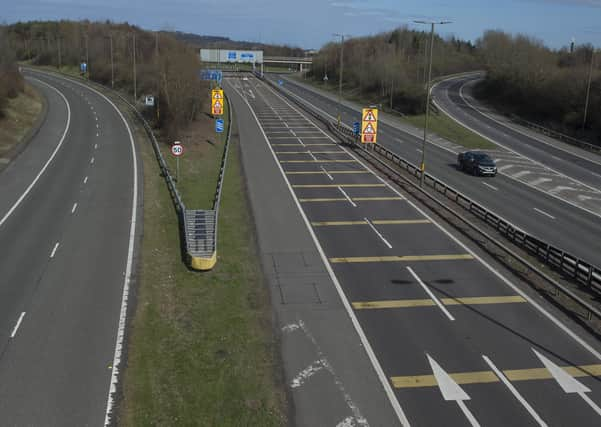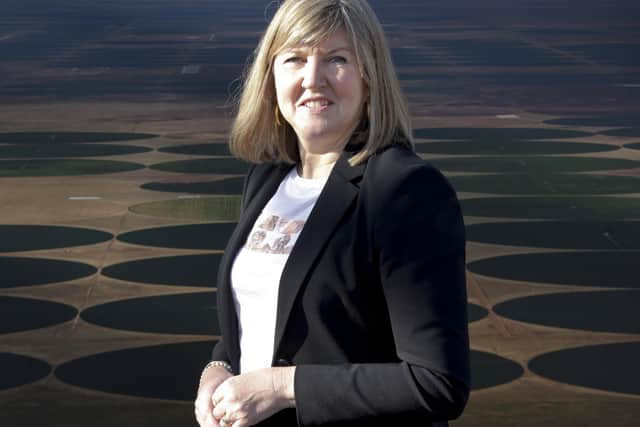Climate emergency must be next crisis we tackle – Alison Johnstone


Young people can be incredibly resilient. I was full of admiration for the climate strikers who refused to let the lockdown stop them from being heard about the climate emergency on Friday, taking to social media with the #ClimateStrikeOnline hashtag to keep up awareness of that other looming threat which hangs over us, and to link up with other young people around the world.
Linking with other people is the biggest challenge for all of us these days. For all the usefulness Twitter and Facebook have, they do not replace face-to-face intimacy. As this crisis goes on, some people may struggle with feelings of isolation.
Advertisement
Hide AdAdvertisement
Hide AdAny form of self-isolation can take a huge toll on mental health, and social media can sometimes be an echo chamber for a rolling news media focused almost entirely on this public health crisis. This applies to our young people too, for whom social interaction with large groups is a daily occurrence at school. Those social networks are incredibly important to them, and once the Easter holidays are over there may be a realisation that the novelty of home schooling has worn off.


More and more people are using video conferencing software to connect, giving us a chance to see each other’s faces and have an off-the-cuff conversation about the little things. It’s a great idea to let small children discover this joy too, so they can indulge in the social interactions that help them develop.
It can also be an opportunity to raise issues outwith the news cycle, as so expertly demonstrated by the young people in Scotland on the climate strike. A video conference allowed them to discuss concerns at a time when that issue has fallen down the agenda.
The postponement of the COP26 climate summit in Glasgow, for example, was inevitable in the current circumstances. It would have been almost impossible to make the necessary preparations and negotiations ahead of the conference, and there is no guarantee that all countries will be out of this crisis by November.
Advertisement
Hide AdAdvertisement
Hide AdBut the climate emergency won’t go away. While the drop in traffic pollution and commercial flights might be good news for the planet in the short term, the cost of the virus will be a human one. These reductions in emissions are only temporary, while action on the climate emergency has been derailed.
That said, some of the changes we’re implementing present a new way of looking at things. When even the president of the AA says that “people travelling up and down motorways just to hold meetings is inefficient, expensive and not good for the environment. I think use of roads and rail and indeed bus will be reduced after this crisis,” there is hope. We are learning the value of community, a proper safety net for people’s incomes and that governments can intervene to help us a lot more than they normally say they can.
It is something our children will remember.
Alison Johnstone is a Green MSP for Lothian region.